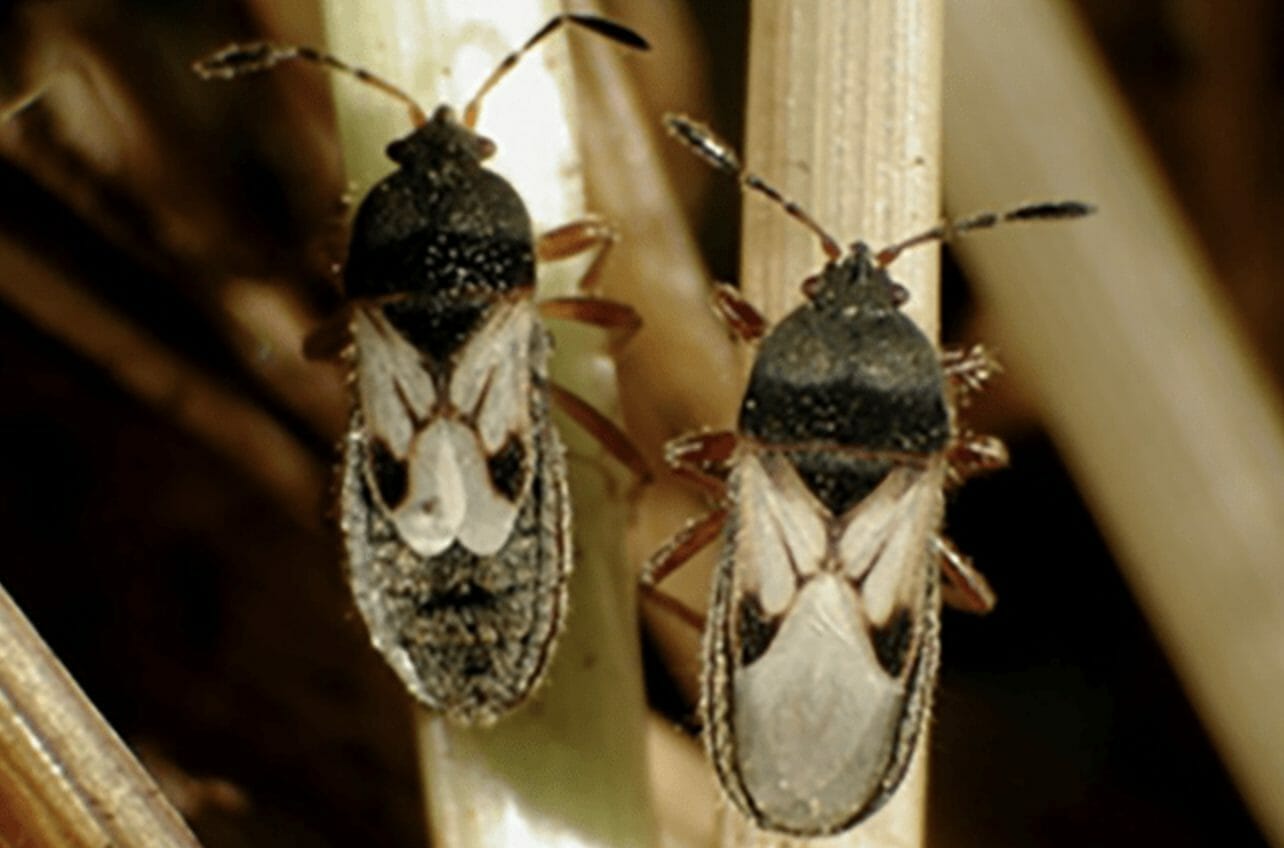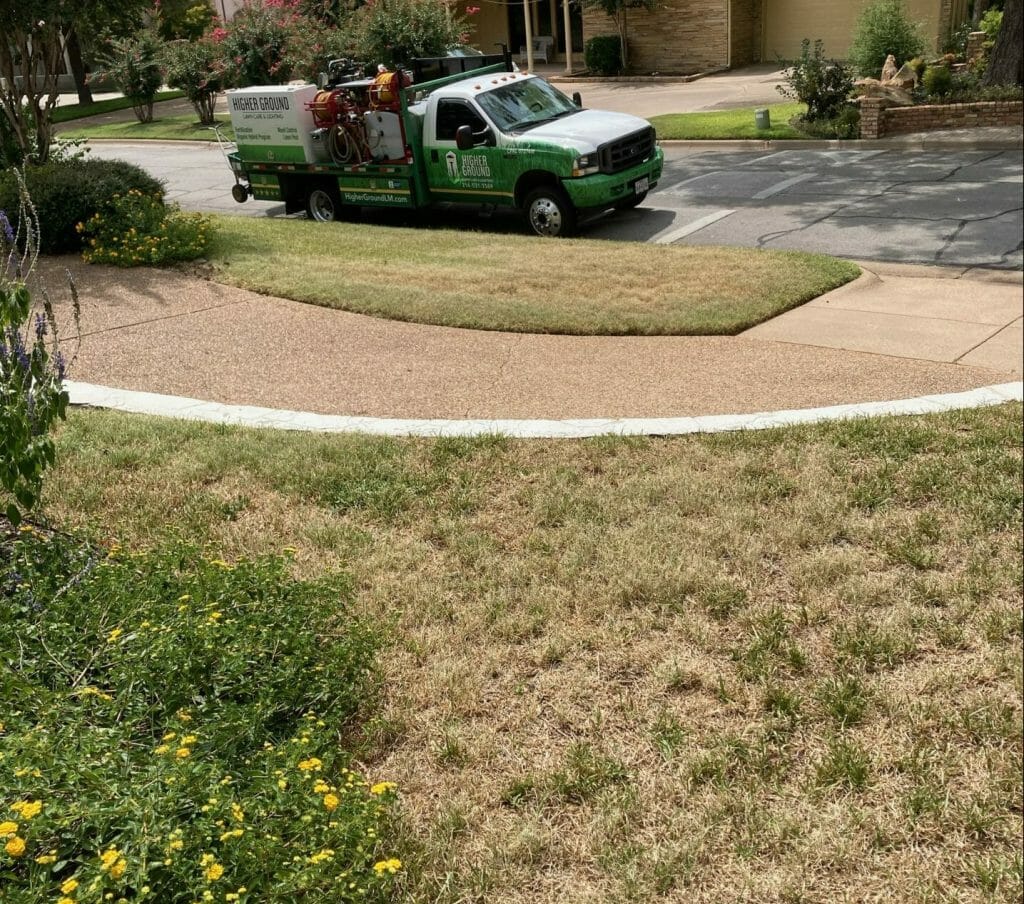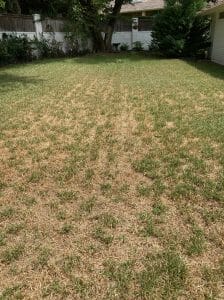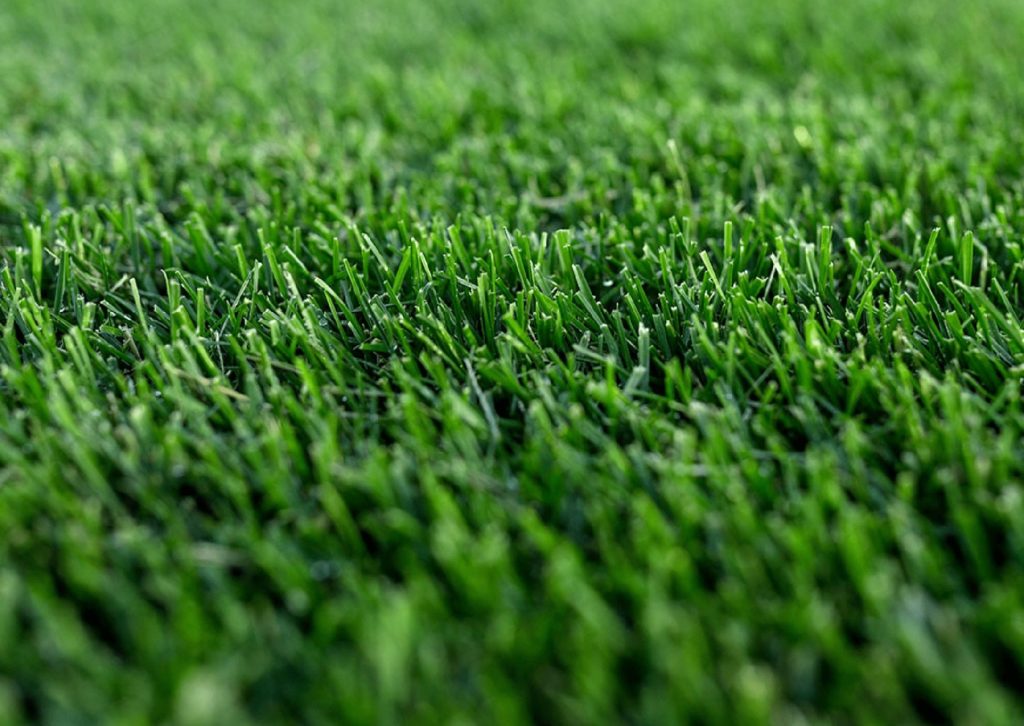
Chinch Bugs: W.Y.N.T.K.
The heat of summer in Texas brings about more than just football practice, swimming, and ice cream. It also brings out some of the deadliest lawn pests in our area. There are only a couple of lawn pests with the capability to do irreparable damage to your lawn – Grubs and the other we are going to talk about today is Chinch bugs. Chinch bugs are one of the most prominent lawn pests in the Southern/Southeast Regions of the US usually targeting St. Augustine and Zoysia turf grasses, and also one of the most dangerous. Dangerous because their symptoms can appear as normal drought damage, potentially running under the radar until it’s too late. While they rob your lawn of moisture, the dry Texas heat does your lawn no favors, and the potential damage is catastrophic. In this blog, we will discuss everything you need to know about chinch bugs to keep them away from your turf.

What are Chinch Bugs?
In order to identify a chinch bug infestation, you must know what they are. At full maturity, these insects only reach about 5 mm in length. This makes them very difficult to see when they emerge from their winter slumber. Throughout their life cycle, their color will change from orange to brown, to black before they die. They also have white wings and sharp teeth that are used to feed on the sap of your turf. Chinch bugs also reproduce rather quickly, allowing for speedy infestations.
Damaging Effects and Symptoms
 Considering that the symptoms of a chinch bug infestation are all damaging to your lawn, we figured we would group them together. By sucking up the sap in the stem of your turf, chinch bugs rob your plant material of nutrients and cause browning or yellowing turf. They also inject a poison that negatively affects vascular tissue in each individual blade further preventing the uptake of moisture. This creates symptoms of drought, large brown patches in your lawn, and ultimately decay to death. If you are feeding and watering your lawn actively, unexplained brown patches May Be a sign of chinch bugs.
Considering that the symptoms of a chinch bug infestation are all damaging to your lawn, we figured we would group them together. By sucking up the sap in the stem of your turf, chinch bugs rob your plant material of nutrients and cause browning or yellowing turf. They also inject a poison that negatively affects vascular tissue in each individual blade further preventing the uptake of moisture. This creates symptoms of drought, large brown patches in your lawn, and ultimately decay to death. If you are feeding and watering your lawn actively, unexplained brown patches May Be a sign of chinch bugs.
Chinch Bug Environmental Attraction
The reason we are now discussing chinch bugs is that the time is ripe for them to be out and about. Any lawn that is poorly maintained is going to be more susceptible to infestation, especially in the summer months when heat is stacked on top of other problems. Too much synthetic fertilizer can be another cause, as excess nitrogen can dry out turf. Organic fertilizer is the perfect alternative, keeping in organic nutrients while keeping out chinch bugs. Chinch bugs love a dry environment so stay on top of routine irrigation and you will be better off for it. Hot temperatures are a general incentive for these critters, but so is short grass, so mow high.
Identification of an Infestation
Click here for a short video of what these lawn pests look like running across your turf.
Once you are suspicious of a potential infestation, it is best to get in touch with a professional ASAP to confirm. Most often people tend to think they have heat stress or drought when they see the brown discoloration and it can really be several different possibilities and watering more can sometimes make matters worse. Possibilities are Pet Urine (Urea/Nitrogen Burn), Insecticide Phytotoxicity, Fungal Disease, Mowing too low, Heat stress, Grubs, etc.
If you are looking to DIY check:
- Get down and inspect the individual blades very closely and slowly, these things are tiny about the size of a pen head.
- Another trick is to take a tin can with no top or bottom shove it into the earth then pour water into it and keep it full agitating the grass, the chinch bugs should float to the top.
If you have an infestation you will definitely need professional lawn pest control treatment, so be prepared. Better safe than sorry, and the earlier they are caught the less damage they can do. You can be preventative just to be safe but if you have an issue now we need a quick kill curative option. If you have already been treated for grub prevention then chances are you will not have a Chinch problem as that product should also prevent chinch bugs.
Higher Ground Lawn Care and Lighting are ready to take your property to a higher level. Experience why your neighbors and businesses in University Park, TX & surrounding areas choose Higher Ground Lawn Care & Lighting to bring their property to the next level. Give us a call at (682) 206-3596 or check out our website today.
Ready to get started?


